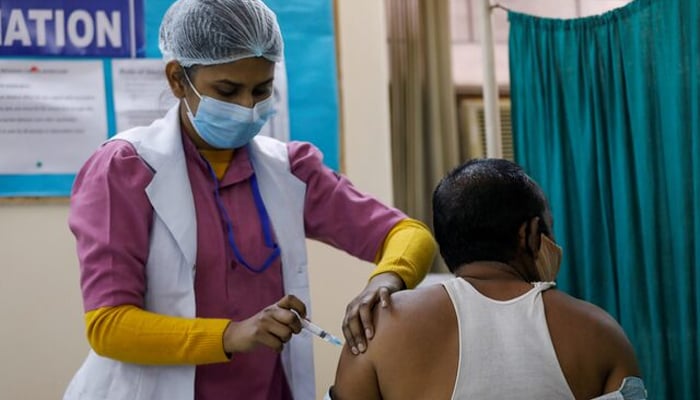

A new review commissioned by the World Health Organisation (WHO) has concluded that there is no link between mobile phone use and an increased risk of brain cancer.
Despite the widespread use of wireless technology, the review found no corresponding increase in the incidence of brain cancers, Reuters reported citing the study which was published on Tuesday.
According to the study, this conclusion applies even to individuals who frequently make long phone calls or have used mobile phones for over a decade.
The final analysis included 63 studies from 1994 to 2022 and was conducted by 11 investigators from 10 countries, including experts from the Australian government's radiation protection authority.
Mark Elwood, a co-author of the review and professor of cancer epidemiology at the University of Auckland, New Zealand, noted that the work assessed the effects of radiofrequency, which is used in mobile phones, as well as TV, baby monitors and radar.
"None of the major questions studied showed increased risks," Elwood said.
The review looked at cancers of the brain in adults and children, as well as cancer of the pituitary gland, salivary glands and leukemia, and risks linked to mobile phone use, base stations, or transmitters, as well as occupational exposure. Other cancer types will be reported separately.
The review follows other similar work.
The WHO and other international health bodies have said previously there is no definitive evidence of adverse health effects from the radiation used by mobile phones, but called for more research.
It is currently classified as "possibly carcinogenic", or class 2B, by the International Agency for Research on Cancer (IARC), a category used when the agency cannot rule out a potential link.
The agency's advisory group has called for the classification to be re-evaluated as soon as possible given the new data since its last assessment in 2011.
WHO's evaluation will be released in the first quarter of next year.











